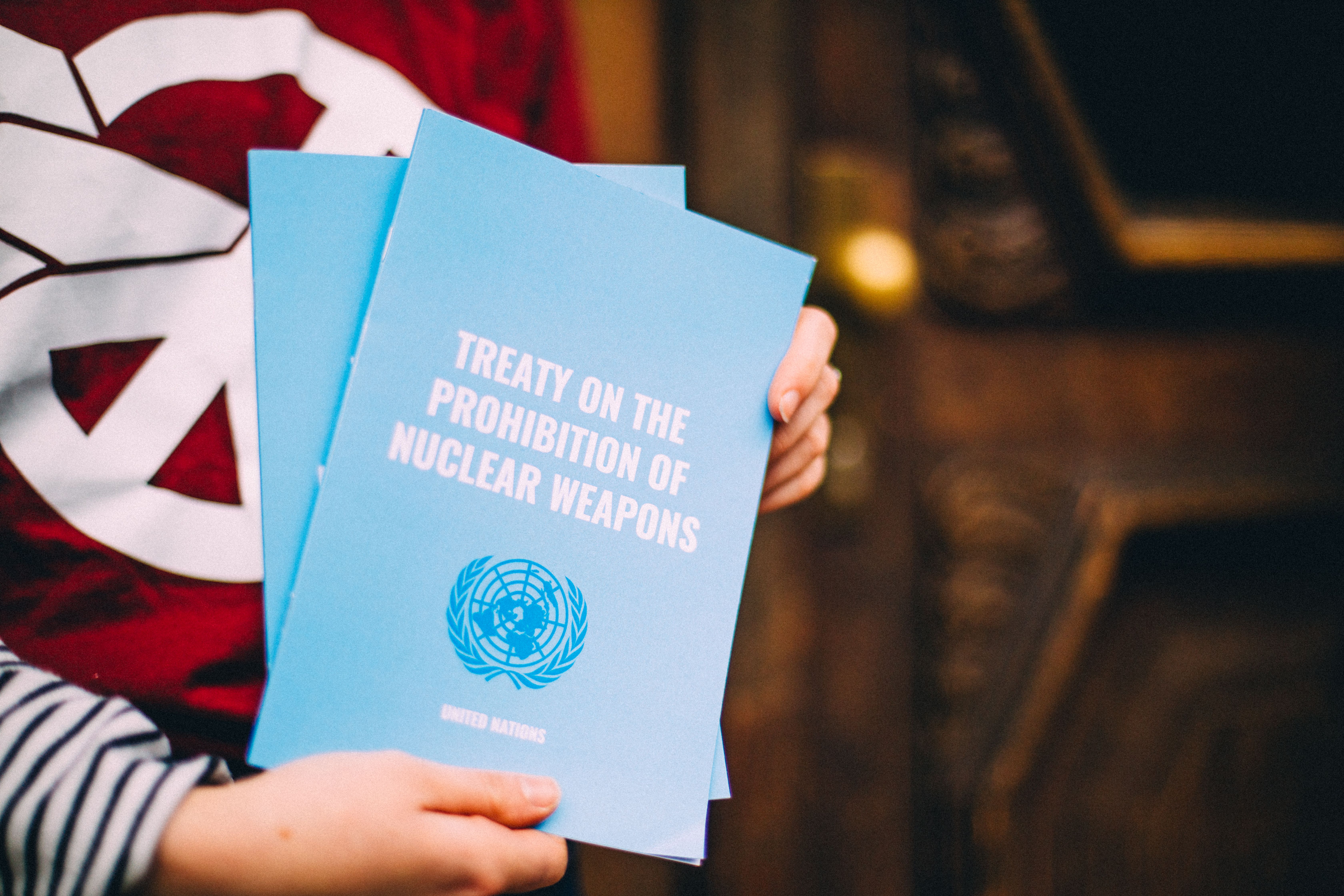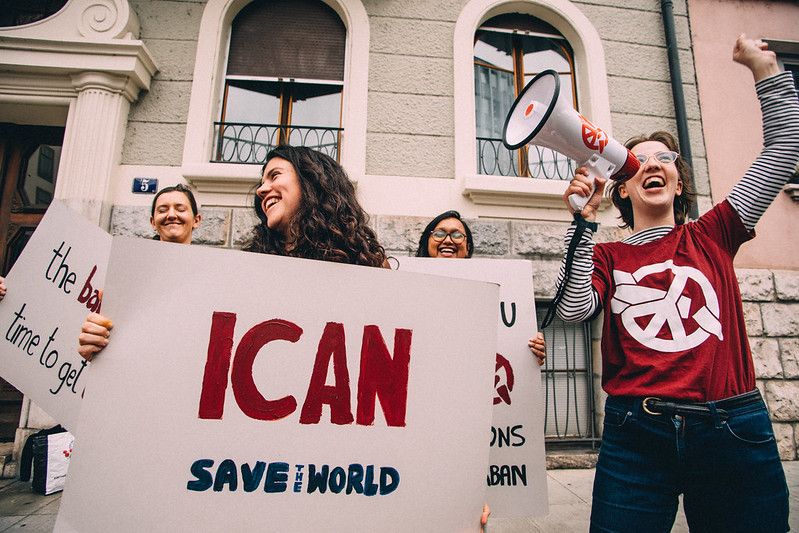The nuclear threat has never been so high – what do we do now?
Every year, the experts in the Bulletin of the Atomic Scientists set The Doomsday Clock, a symbolic clock in which midnight symbolizes doomsday. Doomsday is understood as a situation where humanity destroys itself with technologyof our own making. In January 2022, the experts set the clock at 100 seconds to midnight. It’s the closest it has ever been to apocalypse.
To understand the experts’ warnings, we must understand the actual consequences of nuclear weapons. Any use of nuclear weapons, whether the result of an accident or a deliberate act, will have catastrophic consequences for people and the environment. No one will be able to provide the necessary help, as the damage will be too great and the radiation danger too high. The use of a single nuclear weapon against a citycan lead to hundreds of thousands of dead and even more injured. A nuclear war could wipe out human civilization.
As long as nuclear weapons exist, there is a danger that they will be put to use, but the existence of nuclear weapons is not a law of nature. Nuclear weapons are made by us and can be abolished by us, but it requires political will and courage. Fortunately, we already have an international tool at our disposal.

In 2017, the vast majority of UN member states passed a ban on nuclear weapons.
It came into force in 2021, hence prohibiting nuclear weapons under international law. The Treaty on the Prohibition of Nuclear Weapons (TPNW) fills a void in international law. Nuclear weapons were for a long time the only weapons of mass destruction that were not banned, even though they have the most devastating consequences.
Nuclear weapons have for a long time been associated with power and status. Therefore, it is necessary to stigmatize nuclear weapons on an equal footing with other weapons of mass destruction in order toput sufficient pressure on nuclear states to work harder for mutual disarmament.
Perhaps the most important function of international law is to establish norms and reflect what we, as an international community, accept. The TPNW establishes a new and stricter norm against nuclear weapons and shows that a majority of the world’s states consider it outdated, unacceptable and illegitimate to threaten the mass murder of civilians. Norway has not signed the Treaty on the Prohibition of Nuclear Weapons.
Our response to Russia’s threat to use nuclear weapons, North Korea’s missile tests, and the fact that the nuclear-weapon states are upgrading their arsenals at an enormous cost, is to work even harder to stigmatize and abolish these weapons of mass destruction.
Thousands of people around the world – whether activists, artists, diplomats or academics – are working to abolish nuclear weapons. And you can contribute too:
1. Join an organization
We are stronger and achieve more when we stand together. There are many organizations that work for the disarmament of nuclear weapons, either as their main purpose or as a goal among others.
Here you find all the partner organizations of ICAN.
2. Talk about nuclear weapons and their humanitarian consequences
Conversations about nuclear weapons are often about security strategies and theoretical concepts. Unfortunately, nuclear weapons are much more than that. Their use can have catastrophic humanitarian consequences. Let's tell it like it is: nuclear weapons are weapons of mass destruction.
3. Get in touch with your elected representatives
Our elected representatives care about what the people think. Contact the representatives of your county and ask them to work for the disarmament of nuclear weapons.
Here you can read more about the ICAN Parliamentary Pledge.
4. Get your municipality to join the ICAN Cities Appeal
The ICAN Cities Appeal is a global appeal in which cities and local communities show their support for the TPNW. Cities are the main targets for the use of nuclear weapons. Therefore, local authorities have a special responsibility to highlight their opposition to the importance of nuclear weapons in military strategy and security policy.
Here you can read more about the ICAN Cities Appeal.
5. Make sure your money is not invested in nuclear weapons
Where we invest our money matters. Several financial institutions distance themselves from nuclear weapons and have guidelines to ensure that they do not invest in these weapons. Choose a bank that distances itself from weapons of mass destruction.
Read about the various banks’ guidelines regarding nuclear weapons in ICAN International’s latest report on investments in nuclear weapons.
6. Use your vote!
Vote for a party that support the Treaty on the Prohibition of Nuclear Weapons, or get involved so that the party you want to vote for is clear on its support for the ban.
Written by Tuva Krogh Widskjold, ICAN Norway
ICAN (The International Campaign to Abolish Nuclear Weapons) received the Nobel Peace Prize for 2017 «for its work to draw attention to the catastrophic humanitarian consequences of any use of nuclear weapons and for its ground-breaking efforts to achieve a treaty-based prohibition of such weapons». Read more about ICAN here.

Share: